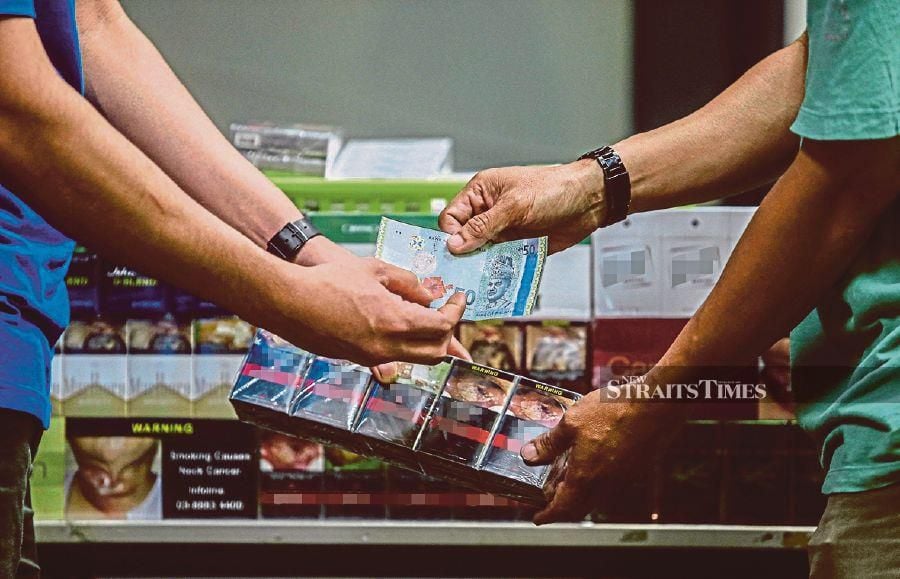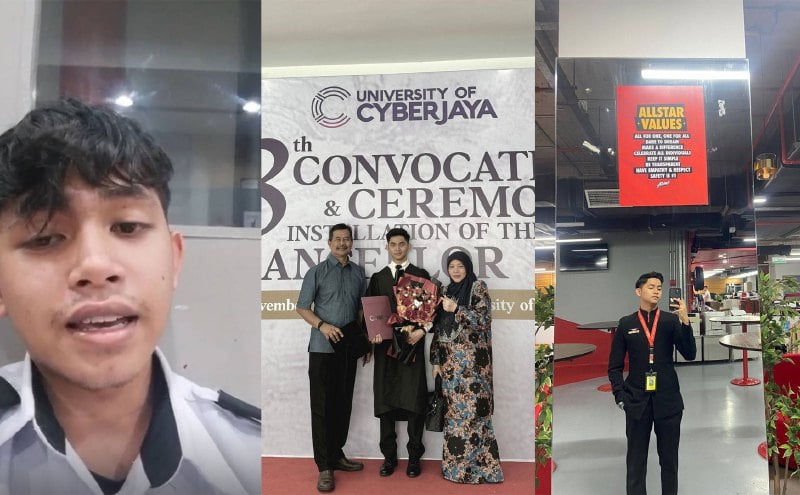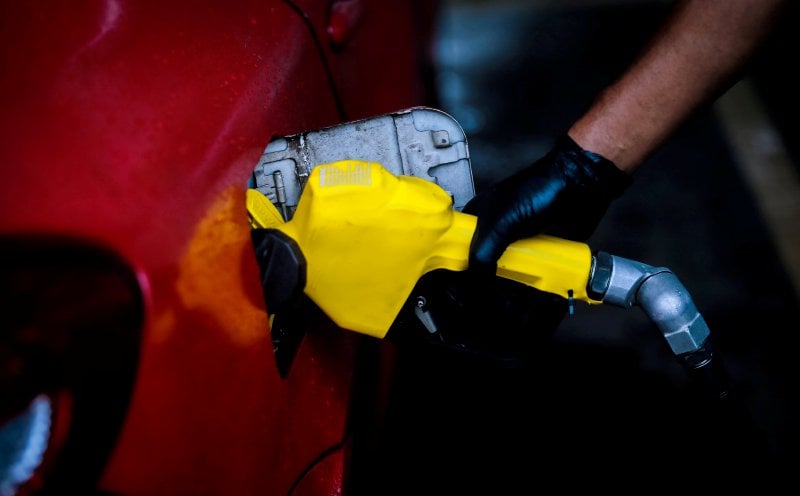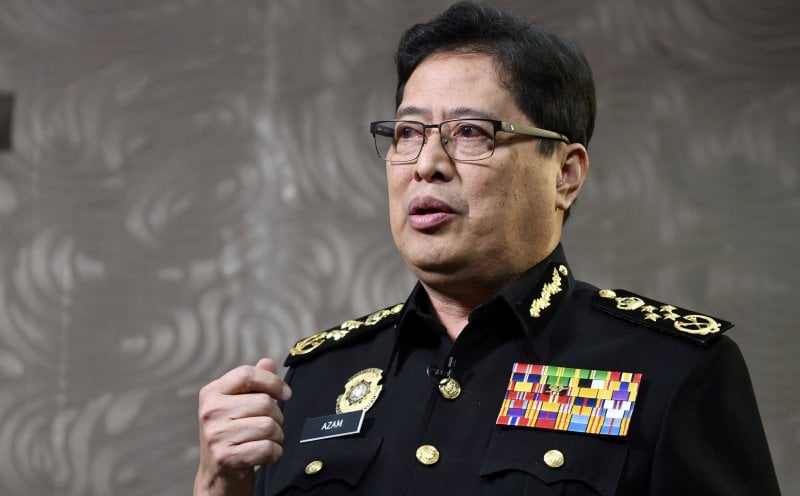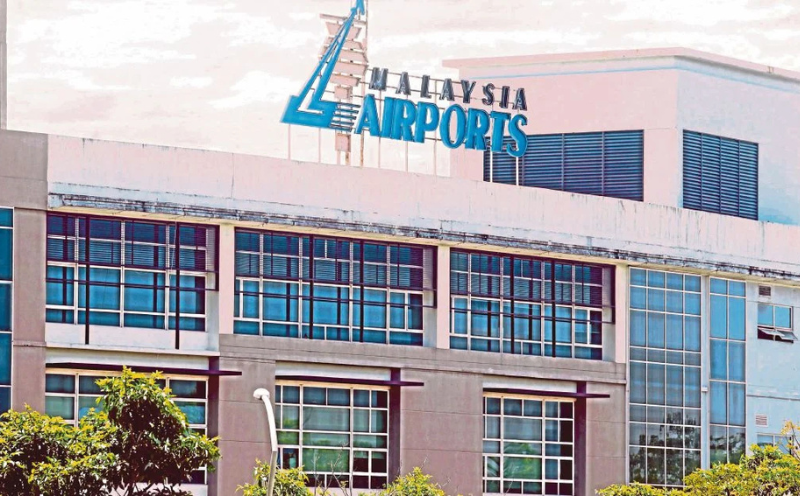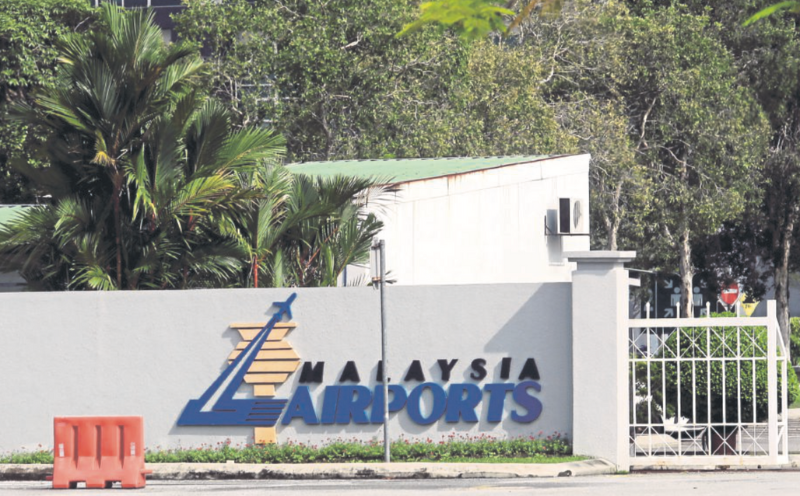KUALA LUMPUR: Illegal cigarettes super cartel within Malaysia's law enforcement agencies must be stopped quickly with operational enhancement and policy change, said Association of Certified Fraud Examiners (ACFE)-Malaysian Chapter founder and president Datuk Seri Akhbar Satar.
His comment is on the back of reports of alleged 'cartels' operating within Malaysia's various enforcement agencies.
"The revelation of cartels operating inside our law enforcement agencies should serve as a wake-up call for Malaysians.
"It clearly reflects the depth and breadth of criminal infiltration into public institutions that are supposed to uphold law and order," he said in a statement today.
These cartels were said to have facilitated diverse criminal activities ranging from money laundering to tender project manipulation.
Akhbar sadi what the public is aware of is just the tip of an iceberg.
"These so-called cartels that have been busted are still relatively small fish compared to the illegal cigarettes cartel operating in Malaysia.
"Over the years, illicit cigarettes cartels have become more brazen and have devised new modus operandi to bribe unethical enforcement officers to cover up their trail," he said.
Further, Akhbar said while not all enforcement officers or personnel can be bought, these illegal cigarette cartels are willing to exhaust every avenue, including leveraging threats, to influence these quarters to work with them.
Malaysia is currently the No. 1 in the world for the illegal cigarette trade, where six out of 10 cigarettes sold in the market are illegal products.
"Our country losses more than RM5 billion a year in uncollected tax revenue from this trade. One can just imagine the total profit generated by the entire illegal cigarettes eco-system here in the country," said Akhbar, who was a former graft buster with the Malaysian Anti-Corruption Commission and currently holds professorial chair at the Institute of Crime & Criminology at HELP University.
He said the profit from this massive illegal trade reaped by these cartels is more than enough to establish a super cartel involving most, if not all, Malaysia's enforcement agencies.
"They have no problem hiring lawyers to represent them in court and settle fines if they are caught smuggling the contraband.
"This super cartel is required because the illegal cigarette trade cartels in Malaysia involves a highly sophisticated, large scale and deep-rooted value chain that include international manufacturing, import, transportation, warehousing, distribution, retail and even export," Akhbar said.
In March, the Inspector-General of Police Tan Sri Abdul Hamid Bador announced that the police had busted a billion-ringgit scam network led by fugitive Datuk Seri Nicky Liow Soon Hee with the arrest of 68 suspects, including two Datuks Seri and six Datuks.
The IGP also said there were a total of 34 officers from enforcement agencies like the police were conspirators of this syndicate.
Early this month, the Malaysian Anti-Corruption Commission (MACC) crippled a tender project cartel with seven individuals' arrested, including its mastermind.
The perpetrators have monopolised over 354 tenders from several ministries and government agencies nationwide, worth some RM3.8 billion.
In terms of solutions to tackle the illegal cigarette super cartel, Akhbar proposed to start with improving all enforcement agencies' standard operating procedure.
"Effective personnel rotation system should be in place at high corruption areas such as seaports, airports and land borders.
"It is important to make sure that individuals assigned to carry out the specific task are honest enough to enforce them. They should be continuously monitored," he said.
In addition, an in-depth review of the supply chain including but not limited to shipping liners, forwarding agents, customs agents, importers should be carried out to ensure weak points are tightened and to prevent opportunity for abuse, he said.
He said apart from that, education programmes to create awareness and remind all Malaysians on the perils of corruption should be rolled out.
"The government should also look into improving facilities with advanced technologies such as scanners and close circuit televisions (CCTV) at suspicious entry and exit points.
"Good working conditions will improve productivity," he said.
Akhbar also said that it is equally important to address the root cause that is fueling the growth of illegal cigarettes in Malaysia from a policy perspective.
"Policies that empower our enforcement agencies, encourage officers to do their jobs with pride and without fear, and deter perpetrators from a risk-profit perspective must be considered to over-power this super cartel.
"Malaysia cannot afford to lose a single sen to crime as we need the money to recover from the current economic situation.
"Moreover, the mere perception of super cartels operating in our country will deter countries and companies wanting to do business with Malaysia," Akhbar said.


